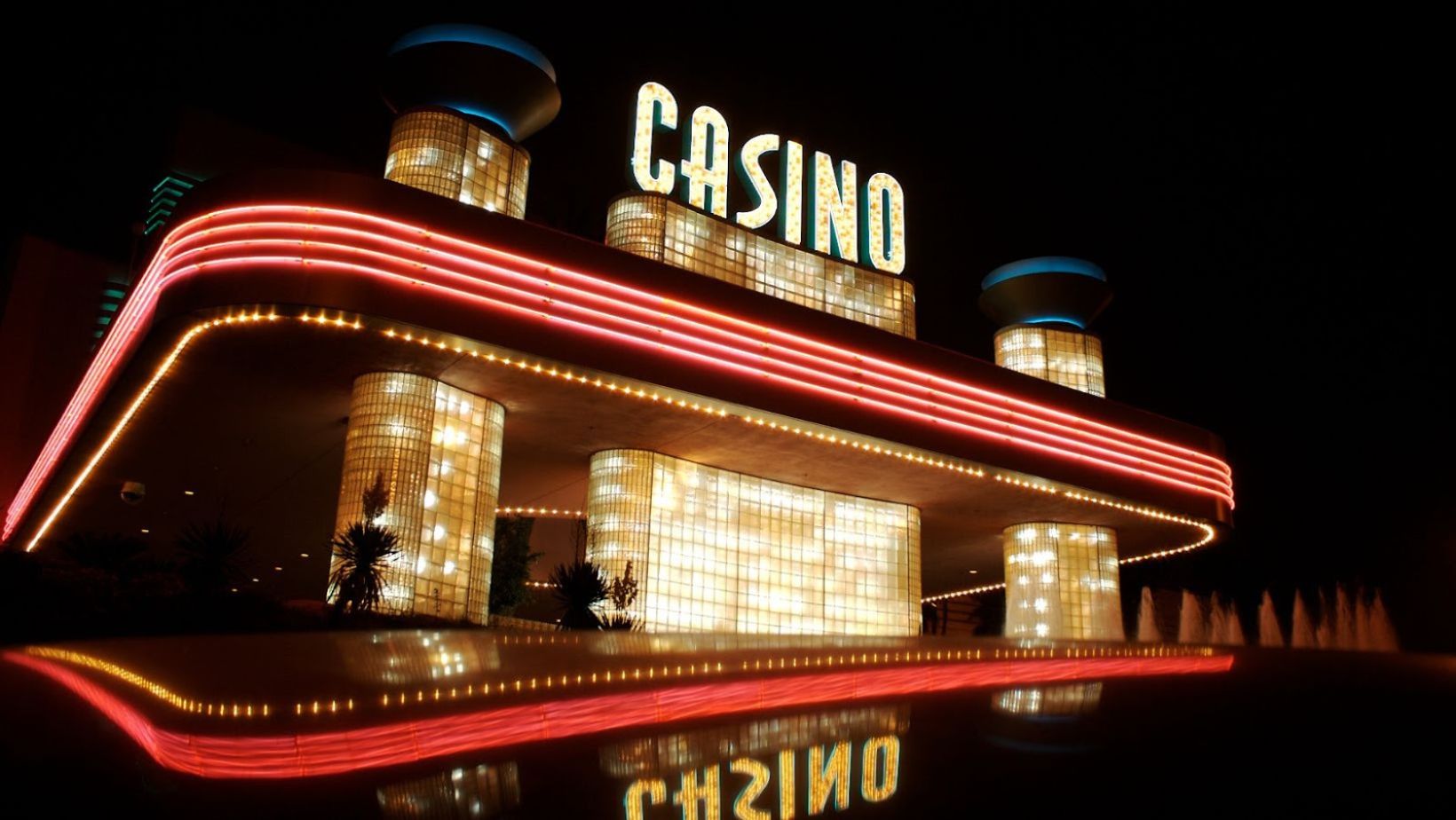When people think of casinos, they often picture blinking lights, roulette wheels, and the occasional big winner. But beyond the glamor and chance lies something far more methodical—strategy, probability, and risk management. Casinos aren’t built on luck—they’re built on mathematics, psychology, and discipline. And ironically, some of the best lessons for running a business don’t come from the boardroom—they come from the blackjack table.
If you want to make sharper business decisions, it might be time to take a few cues from the casino floor.
1. Know the Odds Before You Act
In gambling, the edge is everything. Players study odds to decide whether to bet, fold, or double down. Smart gamblers don’t just play—they calculate.
In business, the same principle applies. Whether launching a product, entering a new market, or negotiating a contract, understanding your “house edge”—your competitive advantage—helps guide decisions. Do the data first. Know your risk exposure. Forecast scenarios.
Gut instincts are fine. But without numbers, you’re playing blind.
2. Bankroll Management = Budgeting Discipline
A seasoned poker player doesn’t risk their whole bankroll in a single hand. They manage their funds to weather volatility, maximize longevity, and avoid emotional tilt.
Smart businesses do the same. They plan cash flow, allocate reserves, and avoid overexposure to a single customer or strategy. You might think of your operating capital like a chip stack: protect it, pace it, and never let short-term excitement burn your long-term viability.
3. Play the Long Game, Not the Hot Hand
Casinos operate on long-term margins. They don’t worry about one player’s lucky night because they’ve optimized systems for thousands of outcomes. They win slowly, consistently, over time.
Great businesses think the same way. A single bad quarter won’t sink you if your model is sound and your systems are built for resilience. Short-term hype (like viral trends or panic sell-offs) can mislead. Stay disciplined. The real wins come from patient, data-driven decisions that compound over time.
4. Emotional Control Is a Strategic Weapon
Watch a gambler on tilt, chasing losses with reckless bets. Now compare that to a CEO making reactive decisions during a crisis. The problem is the same: emotion over strategy.
Whether you’re facing negative press, a surprise competitor, or a dip in sales, your reaction matters. Staying calm, sticking to your framework, and avoiding irrational pivots can be the difference between survival and collapse.
Casinos train their dealers and pit bosses to maintain composure in chaos. Leaders should do the same.
5. Systems Beat Hunches
Professional gamblers rely on systems—card counting, betting models, statistical analysis. They understand variance and play within its boundaries.
Businesses that rely solely on charisma, vision, or trends eventually get outpaced by those with structure and discipline. You need KPIs, workflows, testing methods, and feedback loops. It’s not sexy—but it wins.
Just like in a game of poker, your success often depends on how well you play across many hands, not just one lucky draw.
Where Gambling Meets Business Intelligence
Today’s online casinos don’t just simulate risk—they refine it. Razed, one of the best crypto gambling sites, operates with surgical precision, using blockchain-backed randomness, gamified loyalty systems, and strategic tokenomics. These environments demonstrate how controlled risk can be both thrilling and profitable when designed thoughtfully.
Business leaders can study platforms like Razed not just as entertainment hubs, but as models of real-time decision engineering. Every wager placed, every bonus structure, every retention strategy—it’s data-driven, tested, and iterated for performance. Imagine bringing that same precision to your marketing, HR, or product teams.
Final Thoughts: Bet Smart, Build Smarter
You don’t need to be a card shark to learn from the casino world. You just need to respect the mechanics behind it: calculated risks, emotional discipline, and systems thinking.
The next time you’re facing a high-stakes decision, ask yourself: What would a professional gambler do? They’d assess the odds, manage their risk, and execute the play with confidence—not fear.
Because in both business and betting, it’s not about avoiding risk—it’s about mastering it.

